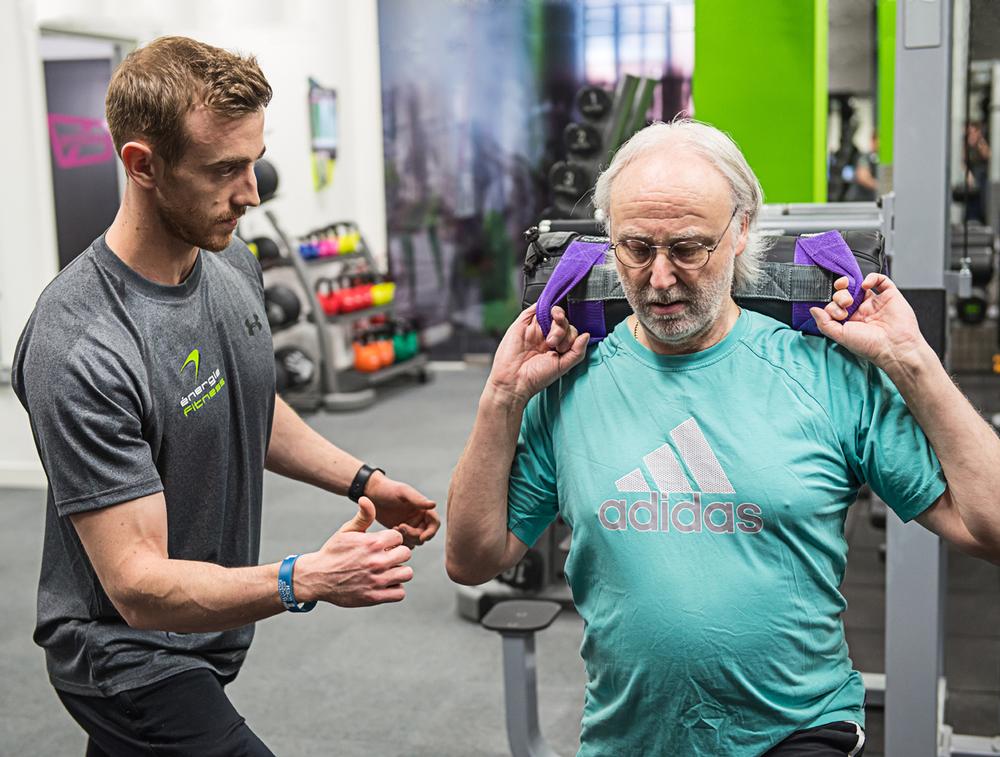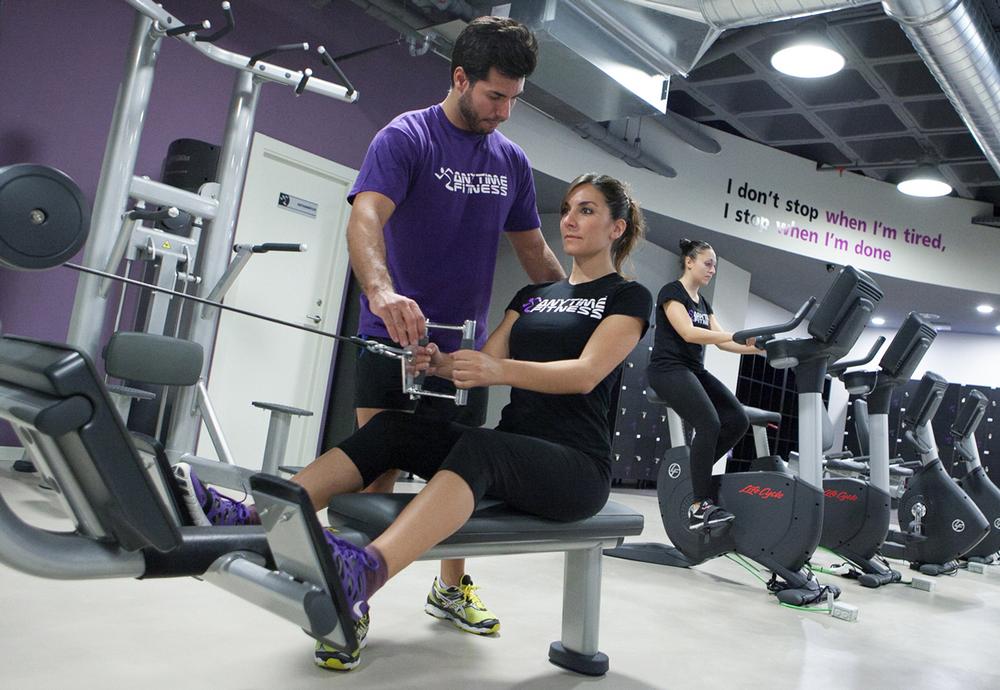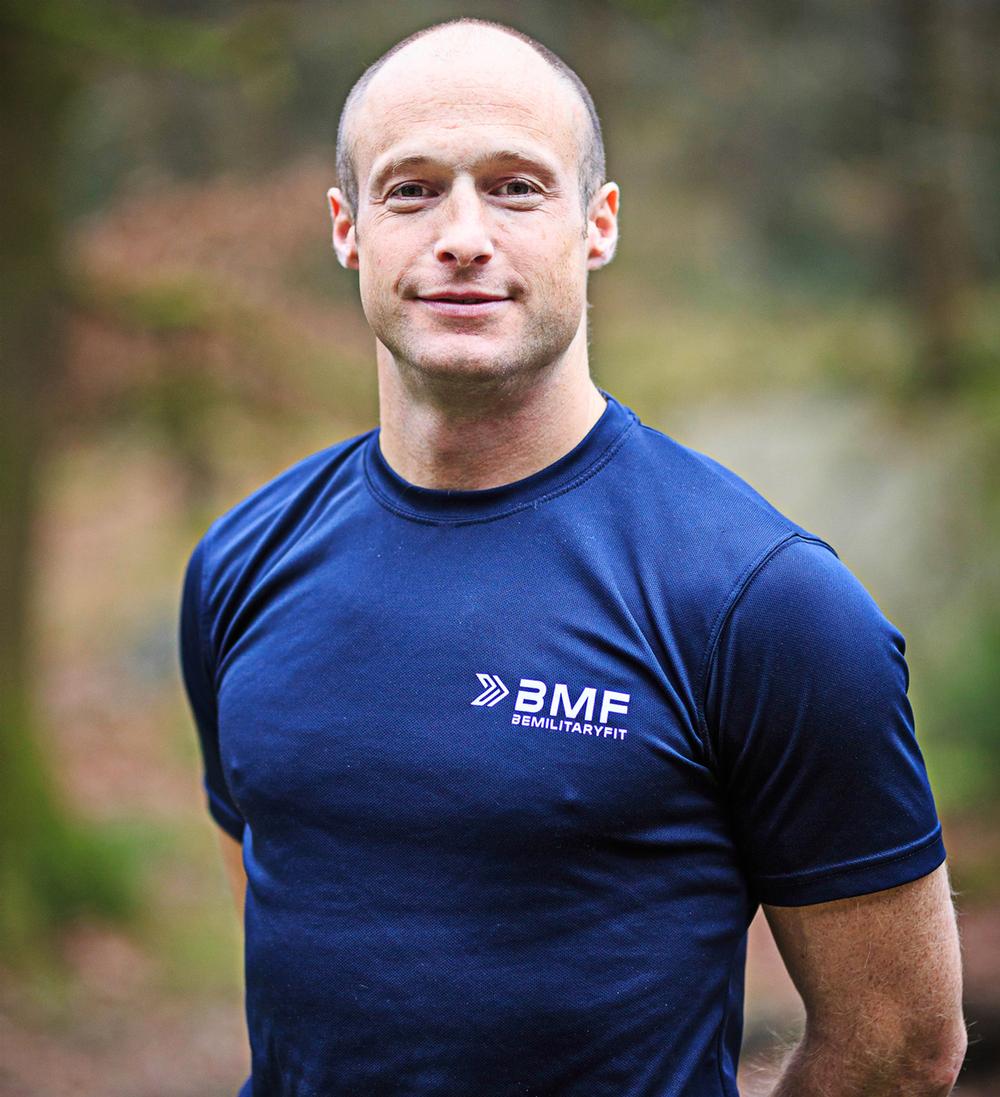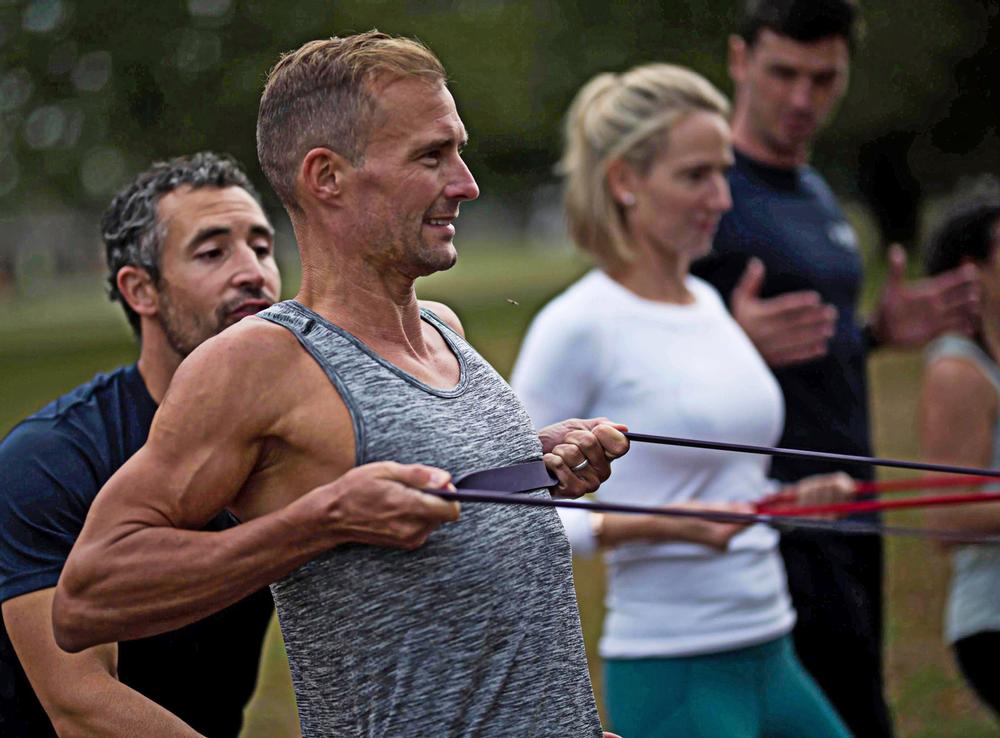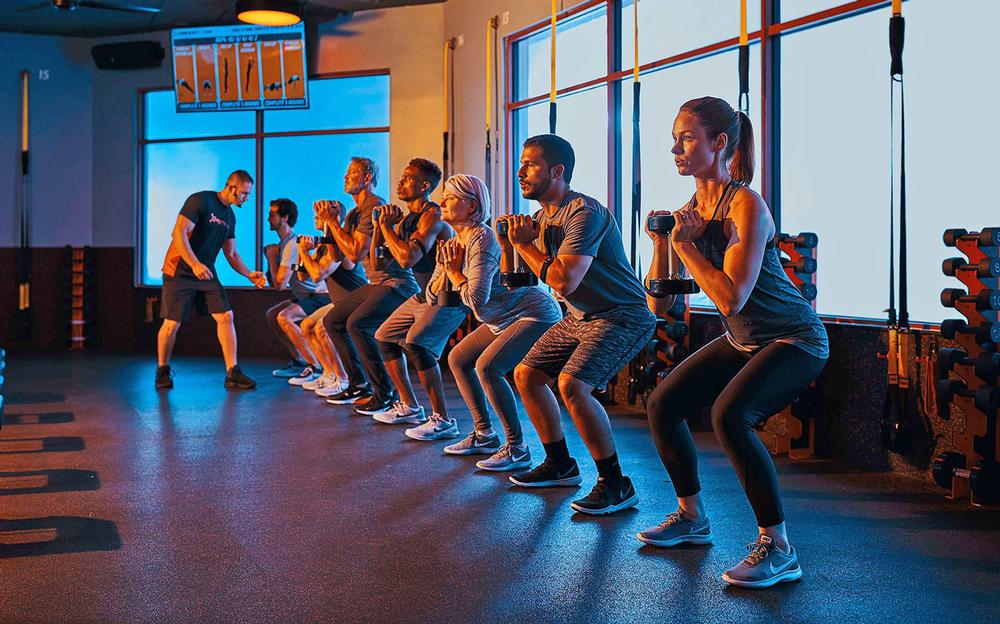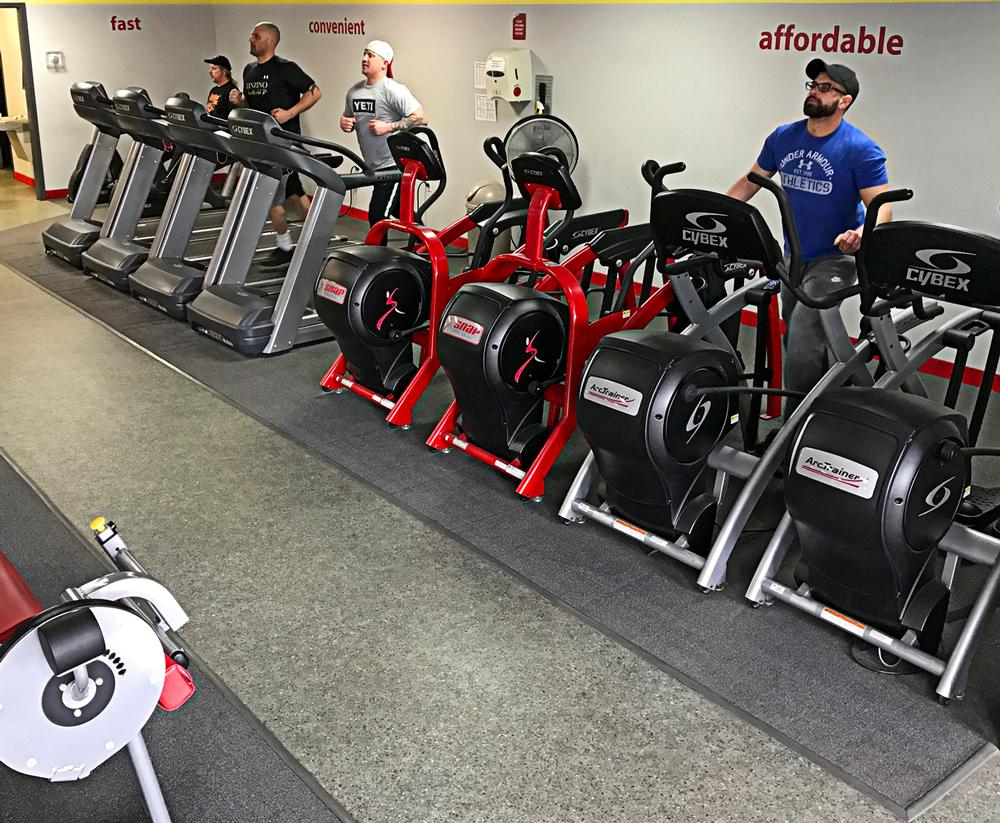Some of the UK’s largest and fastest-growing fitness brands are franchise-based. The likes of énergie, Anytime Fitness and Snap Fitness have all benefitted from a growing number of people wanting to set up their own health and fitness businesses.
The reason for the increasing popularity of franchising is obvious. For budding health and fitness entrepreneurs, securing the backing of a franchisor to help find and equip a gym – and arrange the necessary launch-marketing – is very appealing.
STAMP OF APPROVAL
The advantages of the franchised fitness model haven’t gone unnoticed at the “other end” of the chain either. Investors looking to back businesses with the potential to grow at a pace have taken a real interest in fitness franchises.
In one case, this led to what was perhaps the biggest corporate deal to take place in the UK fitness sector over the past 12 months. In August 2019, private equity group Bridges Fund Management completed a deal to buy énergie Fitness. While the exact numbers weren’t released, Bridges did reveal that it had acquired a majority stake for an initial consideration, with an earn-out based on énergie continuing to hit its targets for the 2019 and 2020 financial years.
It is noteworthy that Bridges has pedigree in shrewd, forward-looking fitness investments. It was a key player in introducing the low-cost gym concept to the UK in 2007, after backing John Treharne in launching The Gym Group – now a FTSE-listed business worth around £360m. Having backed the budget concept, Bridges is now clearly putting its trust in the franchised model.
“We know this sector very well and believe énergie has identified a clear gap in the market: smaller-format, high-service gyms that can operate in areas where the large box gyms would not be able to,” Bridges CEO, Philip Newborough, says.
“This allows énergie to tap into demographics that would not otherwise have access to health and fitness facilities, driving better health outcomes for these underserved populations. énergie has built a great team, and we’re looking forward to working with them to prove this model in the UK and then potentially look at expansion opportunities overseas.”
EXPANDING THE OFFER
For many established brands, the main attraction of franchising is the growth opportunities the model offers. However, for others, franchising isn’t just about growing the estate – it can also be a driver for diversification.
One of these is Be Military Fit (BMF), the outdoor fitness specialist offering military-style training led by former armed forces personnel. According to BMF managing director Tommy Matthews, the company is planning to use franchising as a way of expanding its offer and further broadening its reach.
“We’ve begun to diversify beyond our bootcamp-style classes, introducing new programmes to extend the appeal of BMF,” Matthews says.
“For example, our Active programme has been designed for complete beginners, including older adults. We also have a programme called Crossrun, which is an elite-level running club programme.
He adds that the new formats come ahead of a push to franchise the concepts.
“Operations at the current 120 existing park locations are owned and operated by BMF, but we’re now moving into franchising. Traditionally, BMF has involved an instructor turning up at the park with a backpack or van full of kit – but there’s no reason to limit it to this.
“Our instant vision was to install BMF containers all over the world: shipping containers that open up for a class, with all the equipment inside that you’re going to need to create an outdoor group training studio, whether that’s on a rooftop in China or in a central London location.
“We also envisaged a third option: an indoor model that could be a standalone studio or a club-in-club concept.”
The company has now launched a pilot programme to assess how it will proceed with franchising.
“The franchise model is currently being tested inside Oxygen Freejumping in Leeds: it had some under-utilised space and put in a BMF studio to cater for parents while their kids were busy bouncing on the trampolines,” Matthews adds.
“We’ll test the franchise model in the UK and then roll it out internationally. Within the UK, we’ll aim to own and operate the cities and then franchise in smaller towns and other areas; we picture a situation whereby a franchisee might take on one indoor or container site and then operate multiple parks around that same area.”
BOUTIQUE APPROACH
Franchising is also helping the booming boutique fitness sector to grow at a pace. F45 and Orangetheory are just some of the brands to successfully grow their HIIT-based training offers globally through franchising.
Australia-based F45 has grown rapidly in a number of markets around the world and in the UK it has successfully established a presence in a number of big cities and towns – including London, Brighton, Birmingham and Reading. It is now spreading its reach in the north-west and, according to Michael Dean, F45’s UK sales director, the pace is set to accelerate.
“Our goal is for there to be an F45 studio on almost every corner,” Dean says.
“With the accelerated growth we have seen since the UK launch in 2017, we are confident that we can make this happen.”
In its quest to expand, F45 has also come up with some innovative ways for securing locations. In September 2019, it signed a partnership deal with leisure centre operator Everyone Active, which resulted in the first F45-branded studio opening at a publicly-owned leisure centre in Maida Vale, London.
For F45, the partnership offers a way to finding new, ready-made sites with captive audiences – while for Everyone Active the deal forms part of its push to create a “boutique in a big box” model at its centres.
“We recognised some time ago that the traditional leisure centre model was not future proof and have been working hard to develop and modernise our offering,” explains Duncan Jefford, Everyone Active’s regional director.
“We are space-rich, but also recognise that it’s not always better to create your own products. The F45 product complements, rather than competes, with our own and we share the same values around getting people active. We expect Little Venice Sports Centre to be the first of many sites to house an F45 franchise.”
Elsewhere, US-based HIIT brand Orangetheory has signed two master deals for a total of 110 franchised sites covering all of England. One of the master franchisees is Wellcomm Health and Fitness, which plans to open studios across the North of England and Midlands – covering a large area stretching from Buckinghamshire to Northumberland.
“Our plan for 2020 is to open another four studios in the Midlands,” says Wellcomm co-founder and chair Mike Dixon. “We believe that, in total, we can open around 40 studios by 2025.”
FAR FROM SATURATION
As well as large HIIT chains, a number of smaller boutique brands have revealed franchising plans for the UK, including Hitio Gym, Digme Fitness, Victus Soul and TRIB3.
But as more brands look to franchising, is the market in danger of becoming saturated? Not at all, according to Karl Dietrich, chief development officer of boutique brand TRIB3 – the UK-based brand that now has studios in five countries.
“The franchise fitness market is still growing and is transforming how the member is looked after,” he says. “A franchisee has financial ownership of their facility, so the focus is on the whole member journey and sustained quality. It’s a very exciting sector to be in.
“Eight years ago there were only a couple of franchised gym businesses in the UK; now there are several types of facility, from low cost to premium service and from big box to boutique across leisure as well as wellness.”
He adds that TRIB3 will be one of the companies looking to utilise all that franchising offers.
“TRIB3 has great ambitions over the next five years,” he says. “The franchising arm of TRIB3 will have the first UK franchised facility open in April 2020 and has already started to recruit further new franchisees to the brand.
“The plan is to open 10 facilities in the UK over the next 12 months, including franchisees and corporately-owned TRIB3 facilities. Recruitment across other countries will also continue, but the UK is of great importance due to it being the home and heartland of the brand. The year 2020 is going to be a very exciting time for the brand.”
Isaac Buchanan, CEO of Snap Fitness – another brand that has expanded its UK presence rapidly through franchising – agrees that there is plenty of space in the sector. “The UK’s franchised fitness sector is absolutely still a growing market,” he says.
“Some brands in the market seem to be taking a more considered approach to expansion these days, which is likely due to some economic uncertainty and increased competition. However, compared to many other markets that Snap Fitness operates in, the UK is still relativity untouched and we are looking forward to a strong 2020.”
Buchanan adds that Snap – which currently has 66 UK sites and one in Ireland – is set to open between 15 and 20 sites in the UK during 2020.
The view that there is still plenty of space within franchised fitness in the UK is shared by one of the new entrants to the market, UFC Gym – the brand extension of the mixed martial arts organisation.
The UK’s first UFC Gym opened in Nottingham in October 2019 – the first of 105 clubs planned for the UK and Ireland over the next 10 years. All of the clubs will be delivered by master franchisee TD Lifestyle – a venture set up to manage the portfolio.
“We believe the future is extremely bright for fitness franchising in the UK as there is a lot of growth in this market,” says Joe Long, director, TD Lifestyle. “There’s a huge interest in entering the fitness market and the timing of our entry into the UK comes when there’s focus and interest in functional training and combat sports.”
Wellcom’s Mike Dixon – who is driving the growth of Orangetheory in the Midlands and the north of UK – also sees plenty of space in the market. He does, however, suggest that things might get tougher for smaller brands.
“For undifferentiated brands, the market will tend to saturate and make it tough to find new entrepreneurs who are willing to make the jump,” Dixon says.
“For well-funded, supported and differentiated brands, there will always be those looking to try the ‘latest thing’. For smaller brands, it might be tougher – with some even failing.”








